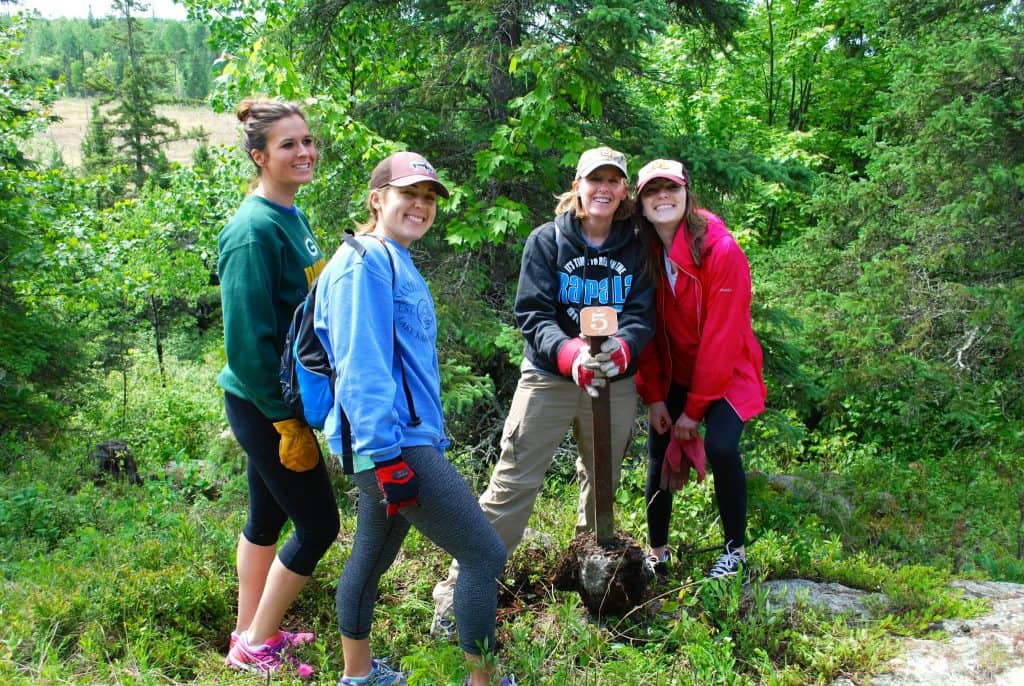
This year’s Volunteer Rendezvous in Voyageurs National Park will put people to work collecting wild rice and another native plant seeds, which will be used to restore wetlands that are being taken over by non-native plants.
The annual weekend-long event is scheduled for 9 a.m. to 3 p.m. on both Sept. 15 and 16, and will be based out of the Rainy Lake Visitor Center. The project may involve boating, canoeing, and wading – volunteers will likely get wet. There will also be group activities after the work is done each day, including an appreciation dinner.
Seed collection is an important phase of efforts to remove invasive cattails and restore wetland biodiversity throughout the 218,000-acre park.
The weekend’s goal is to collect 300 pounds of wild rice seed and up to 50 pounds of sedge and rush seed.
The seeds will be used to restore native plants that have been pushed out by invasive cattails. There are an estimated 500 acres of invasive cattails in the park, and they have begun to dominate the landscape over the past two decades. The plants are a hybrid of a non-native and native species, and are more aggressive and can occupy a wider range of water depths than native species.
“The invasion has reduced native plant and animal diversity, impaired cultural resources like wild rice, reduced fish and wildlife habitat, and limited the use of waterways for recreation and navigation,” Claire Kissane of the National Park Service recently wrote.
The cattails can also form dense floating mats, causing problems for boaters, especially on Kabetogama Lake, and smaller stands on Namakan and Rainy Lakes.
The cattails will be removed mechanically or by hand. It is also hoped that bringing back muskrats to the lakes will help eradicate the plants, as the animals eat them and create channels through them. Once the cattails have been diminished, the native seeds will be sown to return the ecosystem to something closer to its natural state.
Learn more and sign up by visiting this link or calling Voyageurs National Park Association at 612-333-5424.

